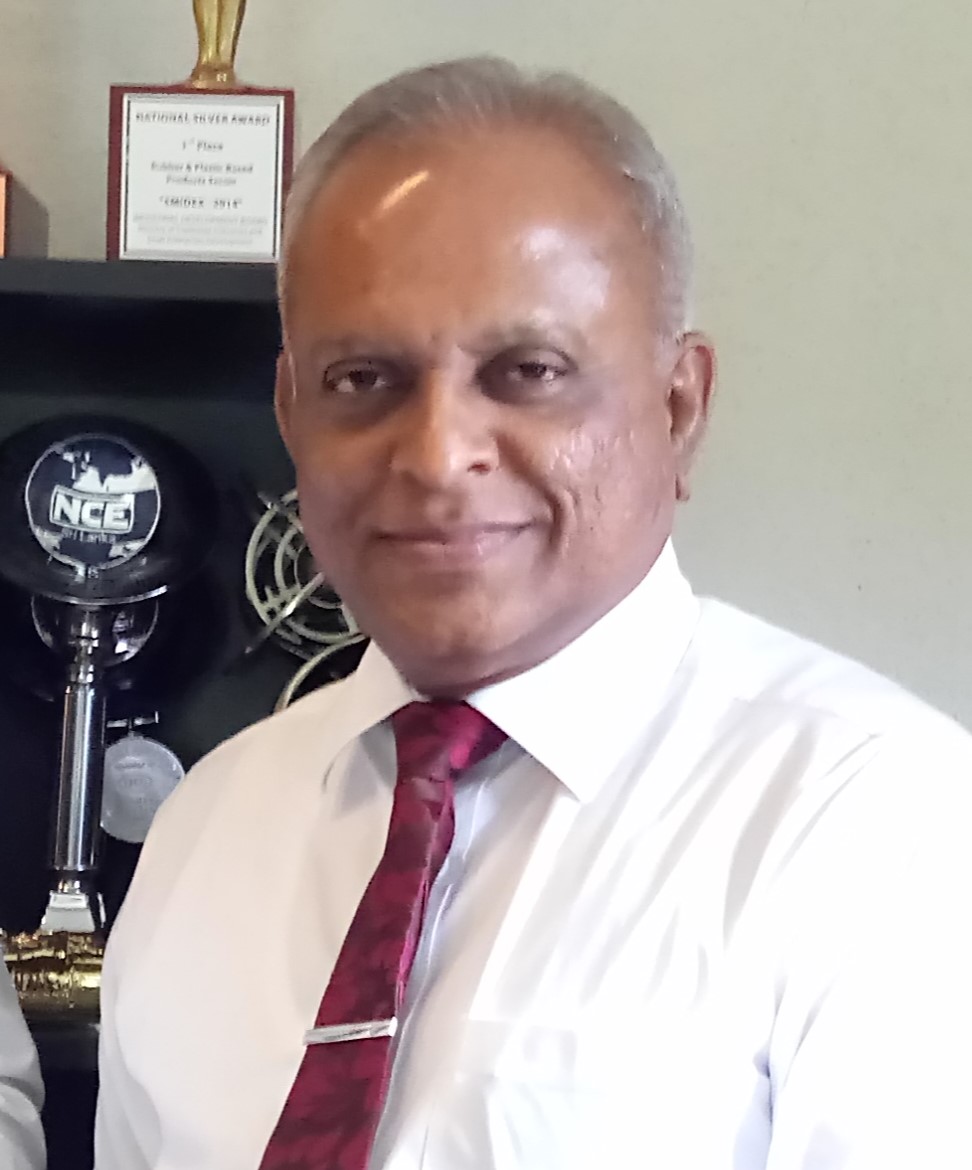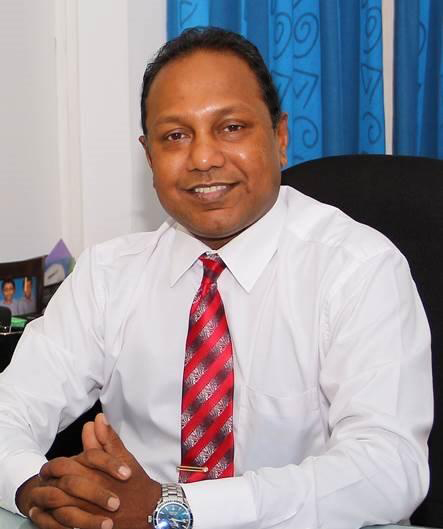NCE
Exporters Plead for Breathing Space as NCE Urges Government: Don’t Burden Exporters—Delay SVAT Removal Until Systems Are Ready
Colombo, Sri Lanka – [8th May 2025]
The National Chamber of Exporters of Sri Lanka (NCE) has issued a strong and urgent call to the government: do not place additional burdens on the export sector at a time when resilience is already being tested. In a seminar held recently, attended by industry leaders, tax professionals, and key stakeholders, the NCE reiterated its position that the removal of the Simplified Value Added Tax (SVAT) scheme must not proceed until all necessary digital and procedural reforms are fully operational and tested.
With the government announcing that SVAT will be abolished by the end of October 2025, exporters are urging authorities to delay any action on SVAT removal this year—a year already fraught with economic headwinds and external volatility. The clear message from the seminar: exporters need breathing space, not added complexity.
SVAT: A Lifeline, Not a Loophole
Originally introduced in 2005 and streamlined in 2011, SVAT was designed to circumvent the many inefficiencies of the traditional refund-based VAT system. It eliminated upfront VAT payments, enabling exporters to maintain working capital and avoid delays and bureaucratic hurdles in claiming refunds.
“The export community is not asking for indefinite protection,” emphasized Mr. Indhra Kaushal Rajapaksa, President of the NCE. “But we are pleading with the government—do not dismantle SVAT this year. Exporters are already under pressure from rising energy and logistics costs, global trade uncertainty, and domestic inflation. Now is not the time to weaken a sector that brings in vital foreign exchange.”
Learning from the Past, Preparing for the Future
Exporters remember the pre-SVAT era all too well: refund delays stretching for months, cumbersome paperwork, and debilitating cash flow gaps. Many businesses were forced to borrow at high interest rates just to survive. The NCE warns that a return to such conditions—without a fully functional, integrated, and tested VAT refund system—would be a severe policy misstep.
“We are not against reform,” said Mr. Shiham Marikar, Secretary General and CEO of the NCE. “But reform must be smart, gradual, and data-driven. To date, there has been no transparent evidence presented to justify the claim that SVAT is being widely misused. Even the Inland Revenue Department has admitted that SVAT’s removal will not significantly improve tax revenue. So why the haste?”
IMF Pressure vs. Local Readiness
While the removal of SVAT is said to align with IMF recommendations and broader fiscal reforms, the NCE cautions that global templates must be adapted to local conditions. In developed economies, VAT refunds are processed within 30 days through fully digitized systems. In Sri Lanka, however, exporters continue to experience refund delays of 3–6 months or longer.
“We support digitization. We support efficiency. But we cannot support premature changes that jeopardize businesses and livelihoods,” Mr. Rajapaksa stressed. “Until the systems at the IRD, Customs, and Ports Authority are seamlessly integrated, tested, and shown to work under real-time conditions, the SVAT mechanism must remain.”
Misaligned Policies in a Year of High Stakes
Exporters are also grappling with increased costs of production, global demand fluctuations, and shrinking margins. While they welcome the government’s ambitious export targets, they question the logic of simultaneously removing a critical policy tool like SVAT—especially with no viable alternative in place.
“Exporters are the engine of Sri Lanka’s economic recovery,” Mr. Marikar added. “But no engine can run on empty. SVAT is not a luxury—it is the fuel that keeps us moving forward. Removing it without a backup plan would risk stalling an already struggling sector.”
A Practical Path Forward
The NCE calls for a phased, performance-based transition to any new VAT regime. This should include:
- Full digital integration of the VAT system across IRD, Customs, and Ports
- Pilot testing of refund processes in real-world export scenarios
- An independent audit of refund timelines and bottlenecks
- Public disclosure of evidence regarding alleged misuse of the SVAT scheme
Until these benchmarks are met, the SVAT scheme should remain in place.
A Final Appeal for Fairness and Partnership
“Give us time. Give us the space to breathe and grow. Don’t punish exporters for system inefficiencies beyond their control,” Mr. Rajapaksa concluded. “Let us focus on meeting our export targets and building back stronger. Help us help the economy.”
The NCE urges the government to act with pragmatism and partnership—not pressure—and to ensure that reforms are carried out in a way that supports the long-term sustainability of Sri Lankan exports. The time to remove SVAT is not now. Not until the country is truly ready.







